Indian deep-tech start-ups haven’t quite got the attention they deserve from the deep pocket investors. Only 11 percent of the technology-related funds reach deep-tech start-ups. This trend does not bode well for the 3000+ deep-tech start-ups, a third of which have moved up the innovation curve, filing patents. Moreover, when the US, Europe, and China are stepping up capital for their deep-tech companies, India can’t afford to be a laggard in this emerging space. The deep tech ecosystem is populated by innovators in the realms of disruptive technologies like Artificial Intelligence (AI), Edge Computing, Augmented Reality (AR)/Virtual Reality (VR), Digital Twins etc. They churn out solutions for existing and emerging global problems.
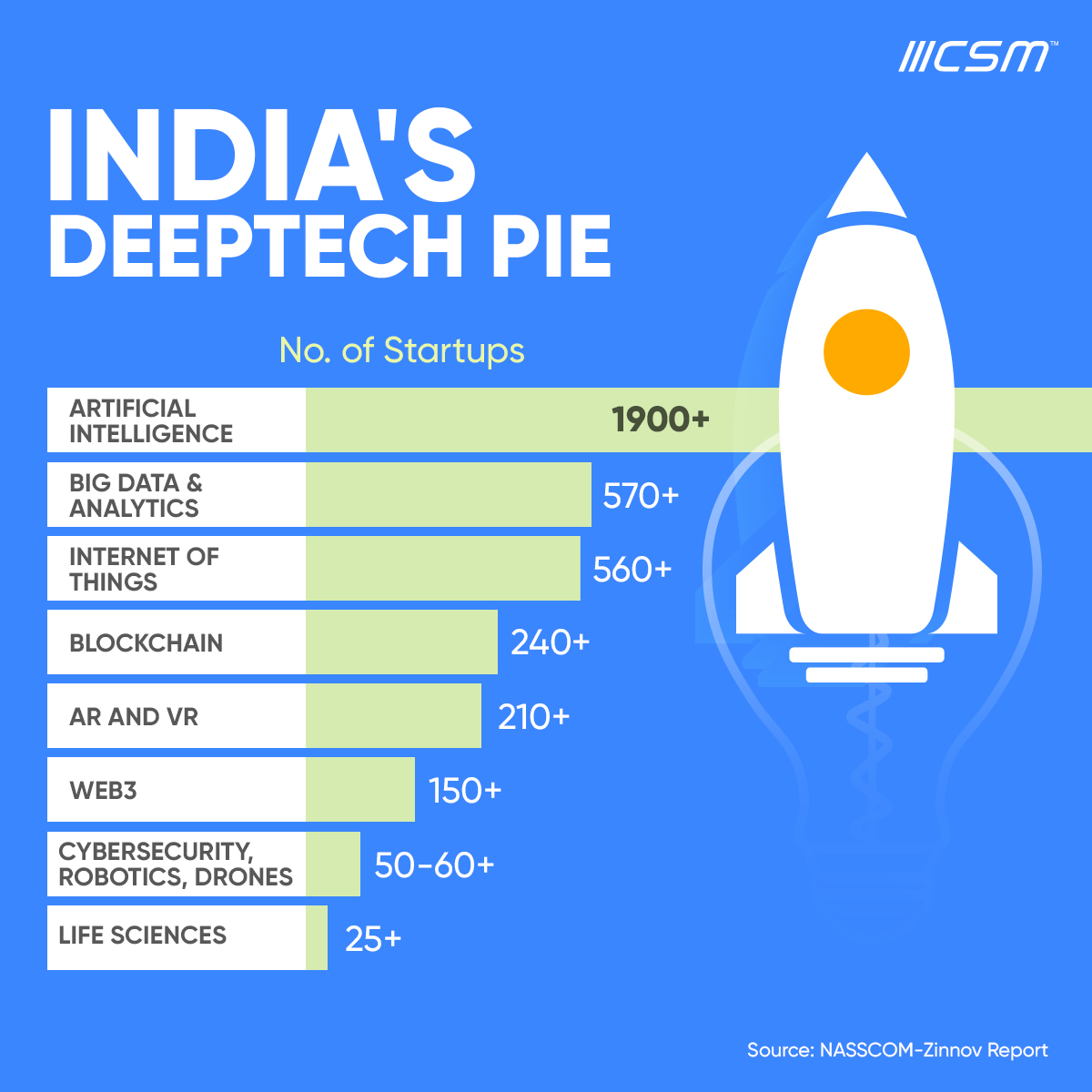
Clocking a CAGR of 53 percent over the past 10 years, the Indian deep tech start-up ecosystem has come of age, stitching more than 30 Merger & Acquisition (M&A) deals. Despite this impressive growth, deep-tech start-ups continue to face worries like access to seed capital & pre-seed funding, dearth of good talent, Go-to-Market (GTM) opportunities and steep costs of customer acquisition. The biggest hurdle for them is raising funds while they are still fledgling.
Financing the deep-tech cohorts is a worldwide crisis. Compared to other start-ups, deep-tech is more capital-intensive and carries a lot more credit risk. The deep tech start-ups spend considerable time on research and innovation and have delayed GTM cycles. It also takes significant time for their products or solutions to get commercialized. Deep tech start-ups often have difficulty finding product-market fit since they are more technology-driven than market-driven. Founders from academic backgrounds may lack experience interacting with consumers or businesses and may over-focus on technology instead of focusing on the marketing strategy. Typically, an RoI-obsessed Venture Capitalist (VC) is reluctant to invest in such start-ups where the returns are either delayed or mired in uncertainty.

Unlike other early-stage start-ups that don’t see as much of a challenge in fundraising, there aren’t enough deep tech-focused, specialized VCs for funding. Plus, there are barriers for generic VCs to invest in deep tech, especially in emerging markets. In traditional VC investing, standard metrics like revenue growth, customer acquisition cost, or burn rate are used to evaluate a company, but deep tech startups are often unable to provide investors with this information until later in the company's life cycle.
For navigating the funding challenge of Indian deep-tech start-ups, the government needs to step in a bigger way. They can take cues from the US government - it is the world's largest investor in deep tech through grants and R&D programs such as Small Business Innovation Research (SBIR). Likewise, the European Innovation Council (EIC) has budgeted over €10 billion for breakthrough innovation development and expansion between 2021 and 2027. Governments can also facilitate the development of deep tech ecosystems by easing regulatory restrictions and easing the flow of information. This can be seen in the French government's creation of the French Tech Visa to help tech talents obtain multi-year residence permits.
Why haven’t the Indian deep-tech start-ups got the funding back-up they deserve? Deep tech is the gateway to a sustainable and disruptive tomorrow. More in this blog: https://t.co/t1fpNNTLZy@IndiaDeepTech @DeepTechInsider @DeepTech4Good @nasscom @DeeptechC #techblog #deeptech
— Priyadarshi Nanu Pany (@NanuPany) November 25, 2022
Over and above government funding, blended finance products can de-risk the deep tech start-ups at the pre-seed stage. Blended products include grants in combination with automatic or conditional equity financing. Most public funding for blended products comes from government-affiliated donors, philanthropic foundations, or high-net-worth individuals. The European Innovation Council's Accelerator program's blended finance option includes a maximum grant of up to €2.5 million and equity investment of up to €15 million. There is promise in sovereign funds that have started playing a role in deep tech financing, as they align strategic priorities and focus more on impact funds. In 2020, they invested a total of $2.3 billion in sectors important to combating climate change, including forestry, renewable energy, and Agritech.
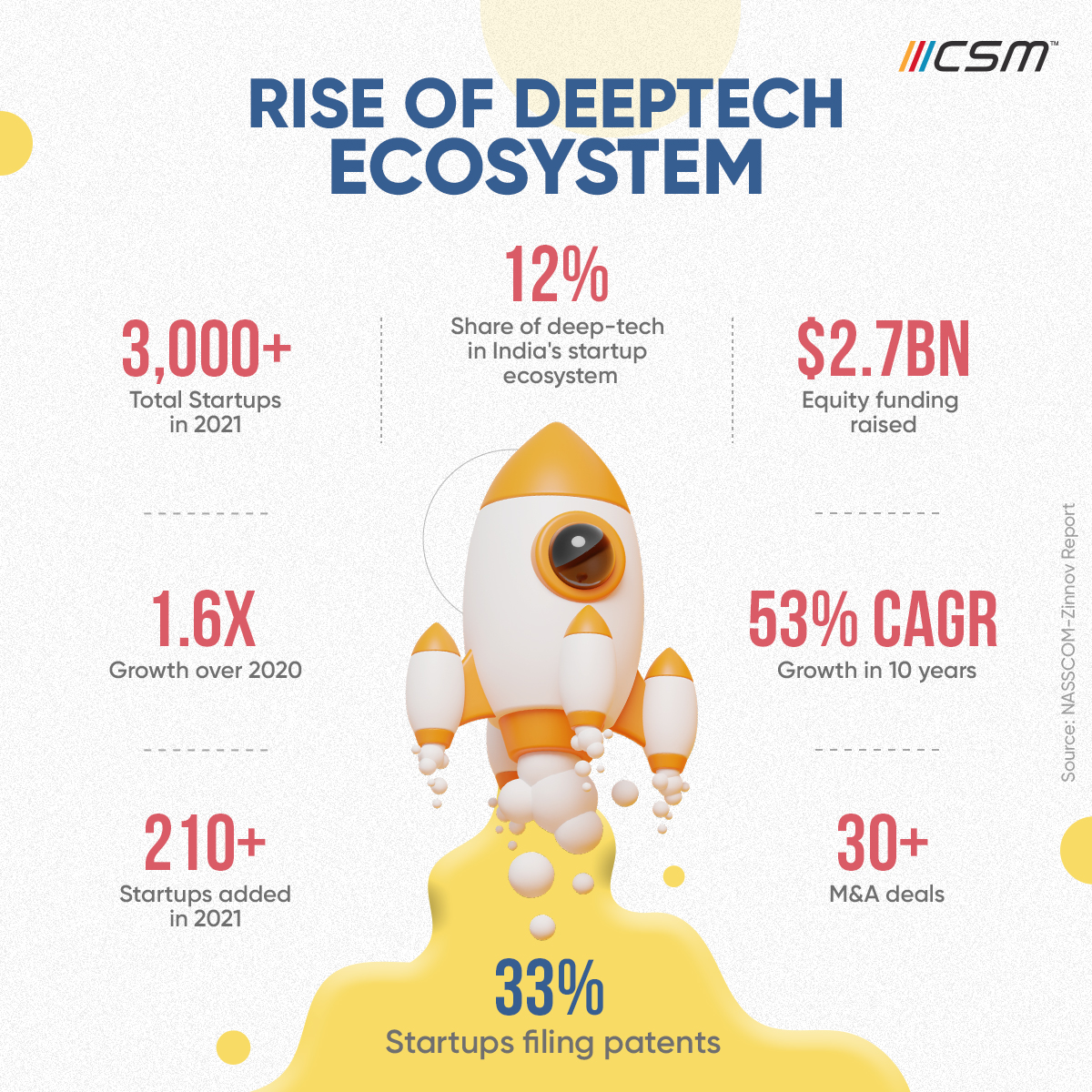
Turning to High Net worth Individuals (HNIs) for strengthening the deep tech funding landscape can be a good option too. An example of this approach can be found in Breakthrough Energy Ventures, a venture firm formed by Bill Gates, Jeff Bezos, Vinod Khosla, and other prominent investors. Breakthrough Energy Ventures was formed in 2016 to invest $1 billion in clean tech companies over the next 20 years. With more than 40 portfolio companies, the firm is on track to deliver on that commitment.
Project finance is an emerging instrument. It presents a range of financing opportunities for later-stage deep tech companies, as commercial scale-ups are Capex intensive.
The solutions developed by Indian deep tech companies have the potential to disrupt the global digital ecosystem. With India fast emerging as the hub for skilled digital talent, the triumvirate of government, corporates, and academia should build synergy to shepherd the deep tech promoters in their early stages. Catalyzing the deep tech start-ups will power a future aligned with our social, economic, and environmental goals.
This blog was originally published in Priyadarshi Nanu Pany's Medium account, also available on his LinkedIn account.






















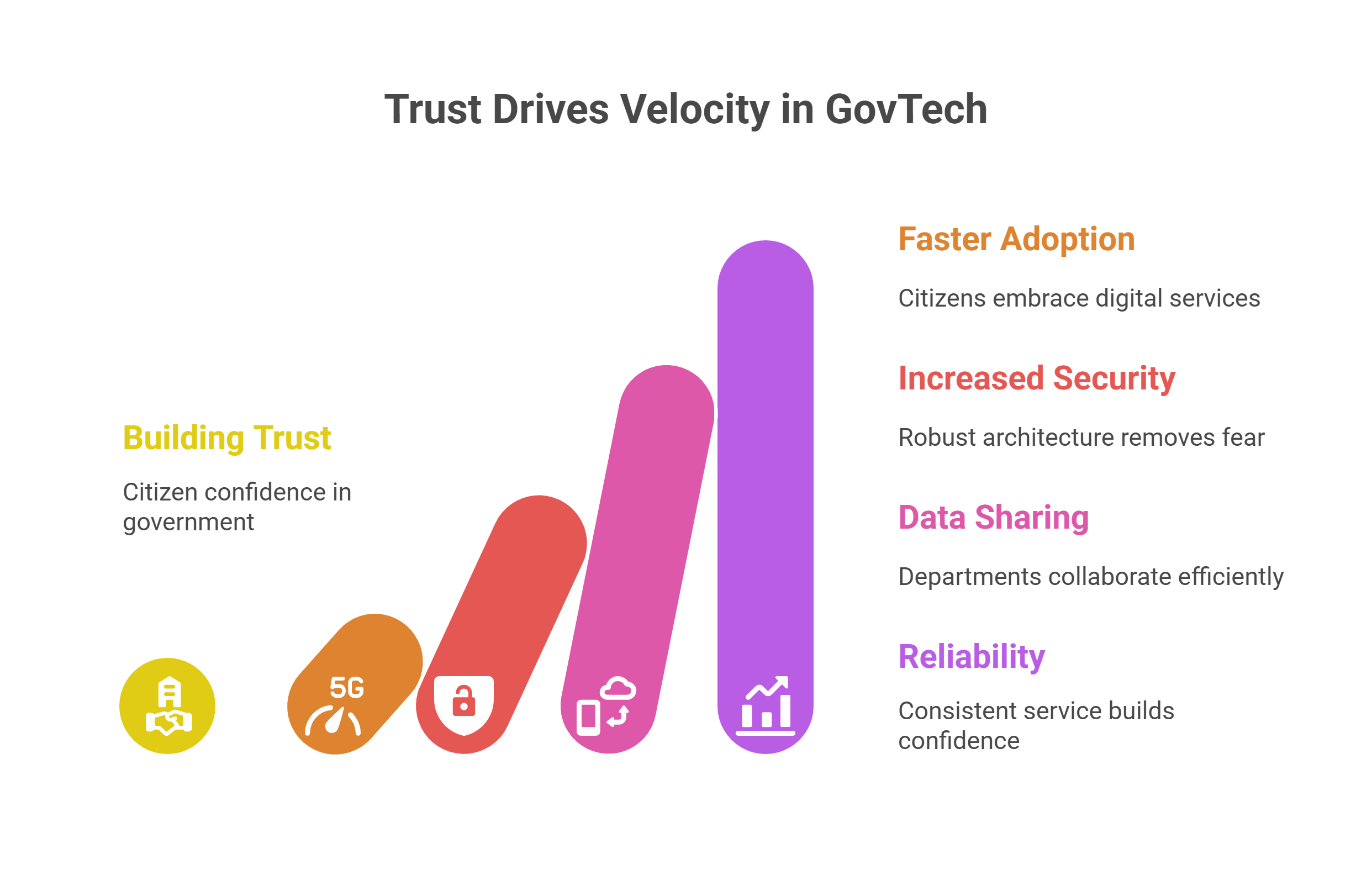

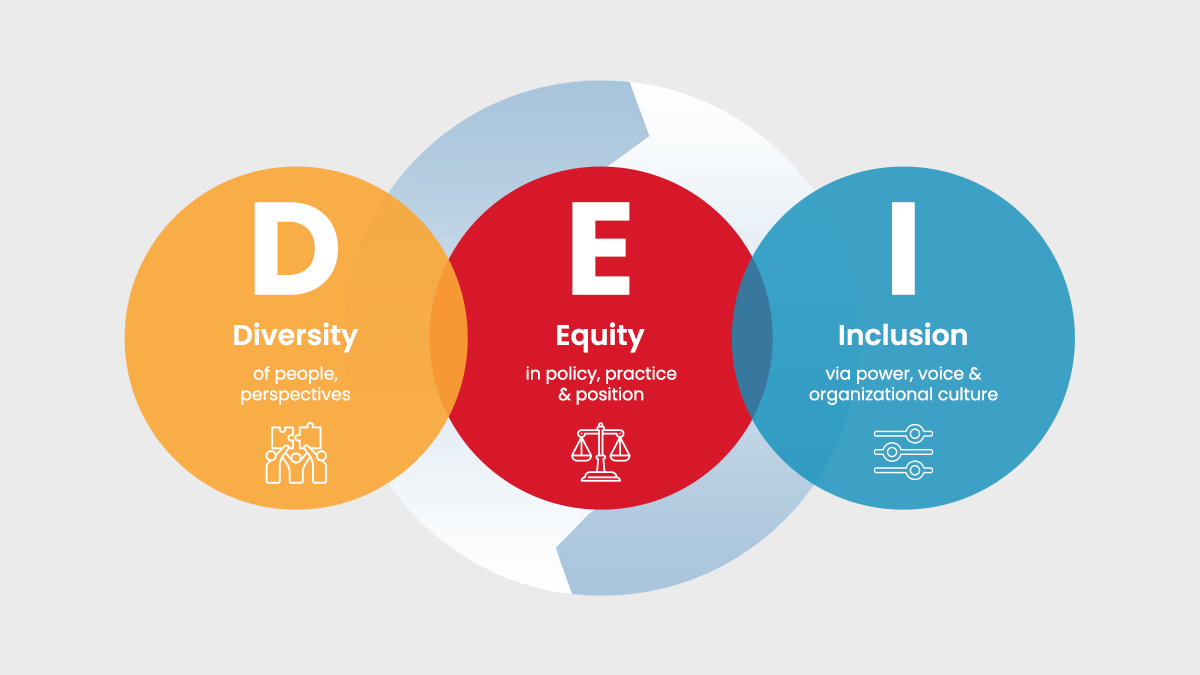







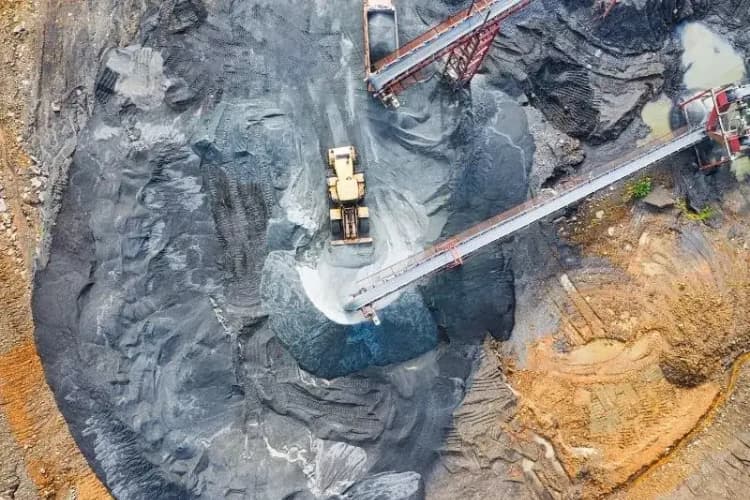









We will verify and publish your comment soon.